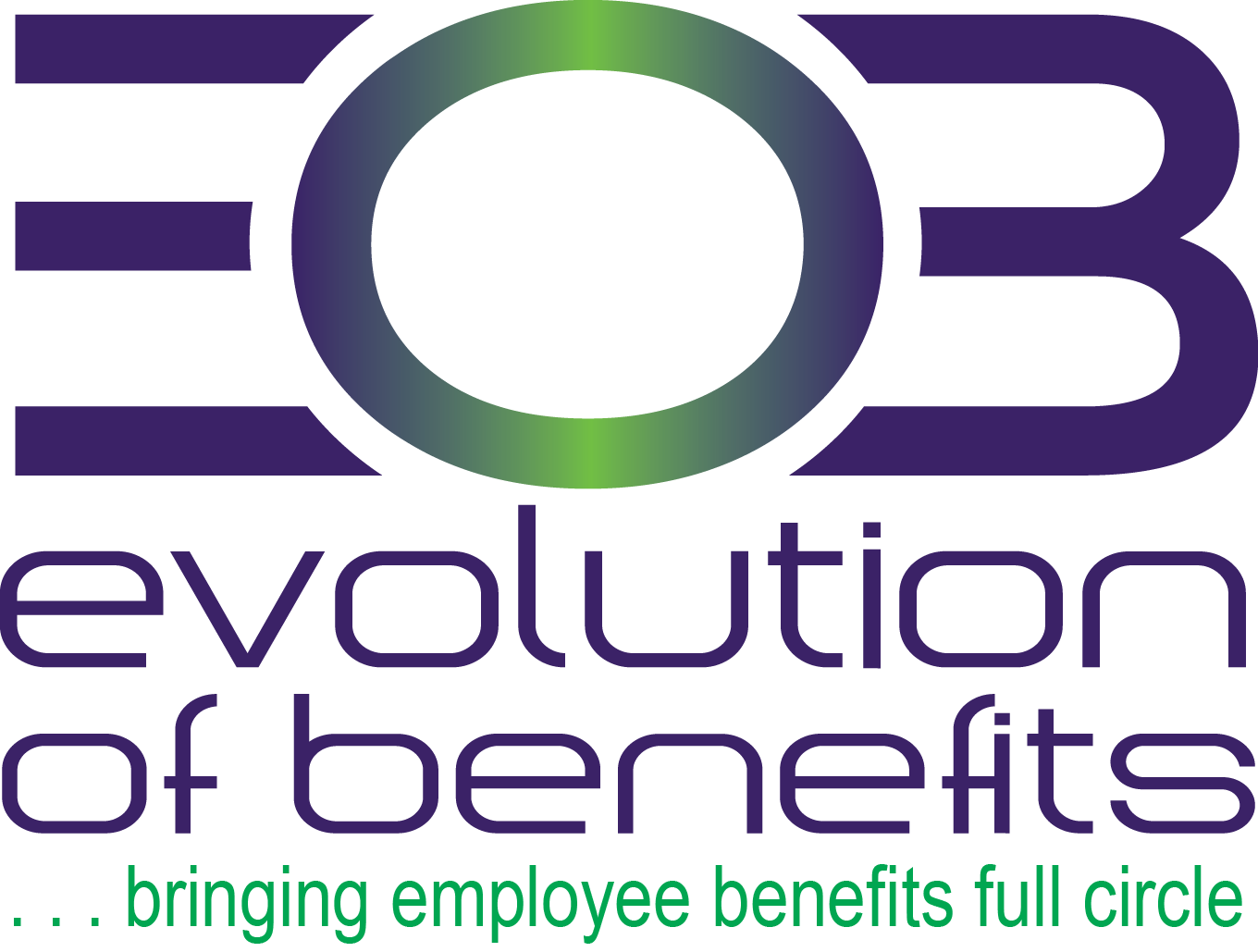Compliance Bulletin – Health Plans Must Update HIPAA Policies for New Reproductive Health Care Rights

Beginning Dec. 23, 2024, covered entities and their business associates must comply with stricter
HIPAA privacy protections for reproductive health care. These new protections prohibit regulated entities from using or disclosing protected health information (PHI) related to lawful reproductive health care:
- For a criminal, civil or administrative investigation into (or proceeding against) a person in connection with reproductive health care; or
- To identify an individual, health care provider or other person for purposes related to such an investigation or proceeding.
In addition, regulated entities must obtain a valid attestation when a request is made to use or disclose PHI potentially related to reproductive health care for certain purposes to ensure that the use or disclosure is permissible.
Compliance Overview – Medicare Part D: Creditable Coverage Disclosure Notices Due Before Oct. 15

Employers with group health plans that provide prescription drug coverage must notify Medicare Part D eligible individuals before Oct. 15 of each year about whether the drug coverage is at least as good as the Medicare Part D coverage (in other words, whether their prescription drug coverage is “creditable”).
This notice is important because Medicare beneficiaries who are not covered by creditable prescription drug coverage and who choose not to enroll in Medicare Part D before the end of their initial enrollment period will likely pay higher premiums if they enroll in Medicare Part D at a later date. Thus, although there are no specific penalties associated with this notice requirement, failing to provide the notice may trigger adverse employee relations issues.
Compliance Bulletin – Employer Considerations for Navigating Election Season

Election season can be a fraught time for employers. Employers are often faced with the challenge
of fostering a culture of open communication while ensuring a civil work environment and navigating
a variety of federal, state and local laws. Therefore, as the 2024 election approaches, it is critical for employers to understand their legal rights and responsibilities, as well as the steps they can take to prevent and mitigate political tension in the workplace.
Compliance Tracker – September

Upcoming Compliance Dates:
A | Provide SAR to Plan Participants (Calendar-year Plans Only) – September 30, 2024
Employers must provide a summary annual report (SAR) to plan participants by Sept. 30, 2024, for calendar-year plans if the employee benefit plan’s Form 5500 deadline was not extended. Plans exempt from the annual Form 5500 filing requirement are not required to provide an SAR. Unfunded welfare plans are also generally exempt from the SAR requirement.
B | Watch for MLR Rebates (Insured Health Plans Only) – September 30, 2024
Employers with insured health plans might receive rebates if their health insurance issuers did not meet their medical loss ratio (MLR) percentage for 2023. Rebates must be provided by Sept. 30 following the end of the MLR reporting year.
Compliance Overview – Key HSA Features – 2025 Compliance

Health savings accounts (HSAs) are a popular type of tax-advantaged medical savings account available to individuals enrolled in high deductible health plans (HDHPs). Individuals can use their HSAs to pay for expenses covered under an HDHP until their deductible has been met, or they can use their HSAs to pay for qualified medical expenses that are not covered under the HDHP, such as dental or vision expenses.
HSAs provide a triple tax advantage; contributions, interest and earnings, and amounts distributed for qualified medical expenses are all exempt from federal income tax, Social Security/Medicare tax and most state income taxes. Due to an HSA’s potential tax savings, federal tax law includes strict rules for HSAs, including limits on annual contributions and HDHP cost sharing.
HSAs are individually owned accounts, which means that individuals keep their HSAs even if they switch jobs or change their health plan coverage. Also, since there is no deadline for spending HSA money, individuals can use HSAs to save for future medical expenses.
HR Compliance Bulletin: Recent and Upcoming U.S. Supreme Court Cases Employers Should Monitor

In its 2023-24 term, the U.S. Supreme Court issued several consequential decisions that will likely have a significant impact on employers. These cases involved federal agency power, discrimination until Title VII of the Civil Rights Act (Title VII), whistleblower retaliation and arbitration. The Supreme Court’s
next term, which starts Oct. 7, 2024, will also decide cases that will impact the workplace.
Click here to view and download the latest HR Compliance Overview
Compliance Bulletin – SAR Is Due by Sept. 30 for Calendar Year Plans

Many employers that must file Form 5500 on behalf of their employee benefit plans must also provide plan participants with a summary annual report (SAR). The SAR is a summary of the information included in the Form 5500.
Employers with plans that operate on a calendar year basis must provide the SAR by
Sept. 30, 2024. However, if the employer received an extension of time to file its Form 5500, the deadline for providing the SAR is Dec. 15, 2024.
The SAR requirement only applies to plans that must file a Form 5500. Also, self-insured welfare plans, regardless of size, are not required to provide a SAR if they are unfunded.
The DOL has released a model SAR relating to welfare plans for plan years beginning in 2023 and later. Acceptable delivery methods for the SAR include U.S. mail, in-hand delivery and electronic delivery, if certain requirements are satisfied.
Compliance Overview – Open Enrollment 2025 – Health Savings Accounts (HSAs)

Employers who sponsor high deductible health plans (HDHPs) that are compatible with health savings accounts (HSAs) should prepare for open enrollment by:
-Ensuring that employees understand how HSAs work, including the benefits of opening an HSA; and
-Updating their HDHP’s design and communicating any plan changes to employees.
There are many advantages to selecting an HDHP/HSA option at open enrollment time—for example, HSAs have three levels of tax savings and HDHPs typically have lower monthly premiums. However, many employees may not be aware of these advantages or understand how the HSA rules apply to them. Employers should help their employees understand key HSA features during the open enrollment process.
Compliance Overview – 2025 Open Enrollment Checklist

To get ready for open enrollment, employers who sponsor group health plans should be aware of compliance changes affecting the design and administration of their health plans for plan years beginning on or after Jan. 1, 2025. These changes include limits that are adjusted for inflation each year, such as the Affordable Care Act’s (ACA) affordability percentage and cost-sharing limits for high deductible health plans (HDHPs). Employers should review their health plan’s design to confirm that it has been updated, as necessary, for these changes.
Compliance Tracker – August

No Key Compliance Deadlines for August
Employers with calendar-year plans should start preparing for open enrollment for the plan year starting Jan. 1, 2025. This process should include reviewing your company’s benefit offerings, working with vendors to make any benefit adjustments, updating benefit limits and contribution amounts for 2025, and preparing employee communications.




















